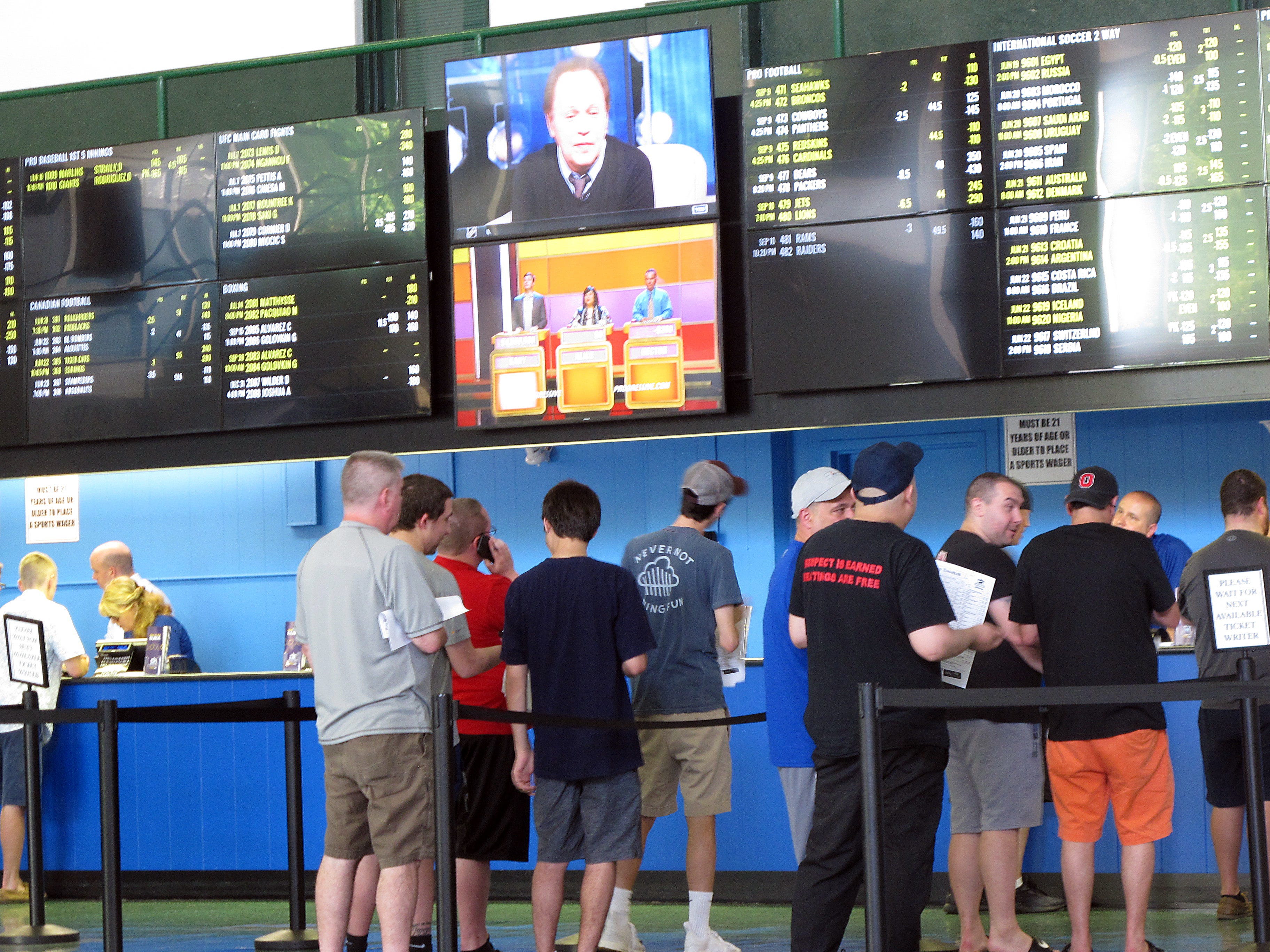Cousino High School, Warren MI. Parent Portal Parent Portal is a Web application that provides parents with direct access to student data. Sports Betting on College Campuses About 67% of all college students bet on sports. Nearly 30% of male athletes bet on sports. The report stated that 26% of these athletes started gambling prior to high school, and 66% began in high school. Athletes are at high risk for sports gambling because of their competitive.
A new study has found that high school students involved in competitive sports are at a higher risk of developing a gambling problem.
“The drive to win underpins both gambling behavior and competitive sport,” said Dr. Belle Gavriel-Fried of Tel Aviv University’s School of Social Work.
“Most of the research within this area has been conducted on university athletes, but we wanted to dig deeper, find out whether the link between gambling and physical activities began earlier, before other co-factors emerge — and we found out that, in fact, it does.”
For the study, the researchers asked 316 high-schoolers, between the ages of 14 and 19, from four high schools in Israel to fill out questionnaires to establish their involvement in sports and their gambling habits.
“Intensive exercise” was assessed on a frequency rating scale. “Competitiveness” was rated by the number of competitive sports engaged in over the previous year, including varsity or junior varsity sports and other extracurricular programs.
The researchers discovered a significant difference between kids involved in intense cardiovascular activity (for the sake of exercise alone) and those participating in competitive sports. The latter were more often engaged in regulated lotteries and scratch cards, as well as gambling on other sporting events, poker and other card games, according to the study’s findings.
“Studies conducted on college-age athletes in relation to gambling might be misleading, because the university environment itself has been found to promote risk behavior,” said Gavriel-Fried.
“Here we made a distinction between youths involved in competitive sport and those involved in intensive exercise. The objective of competitive sports is to win as a team, whereas the objective of intensive exercise is to maintain your health and fitness.”
According to the researchers, due to their competitiveness, athletes as young as 14 should pay closer attention to the risks involved in “harmless” gambling practices, such as card games.
“For competitive athletes, there is an intrinsic impulse embedded within — to win, at all costs,” she said. “This underpins gambling behavior as well.”
The researchers said they hoped the study’s findings would spur high schools to integrate gambling prevention programs for students involved in competitive sports.

Iowa Sports Gambling News
Source: American Friends of Tel Aviv University